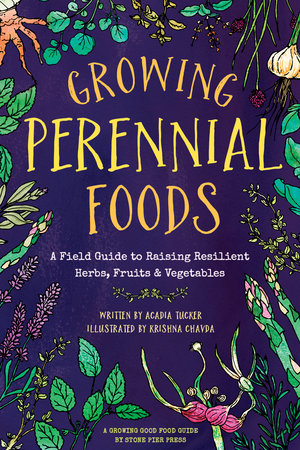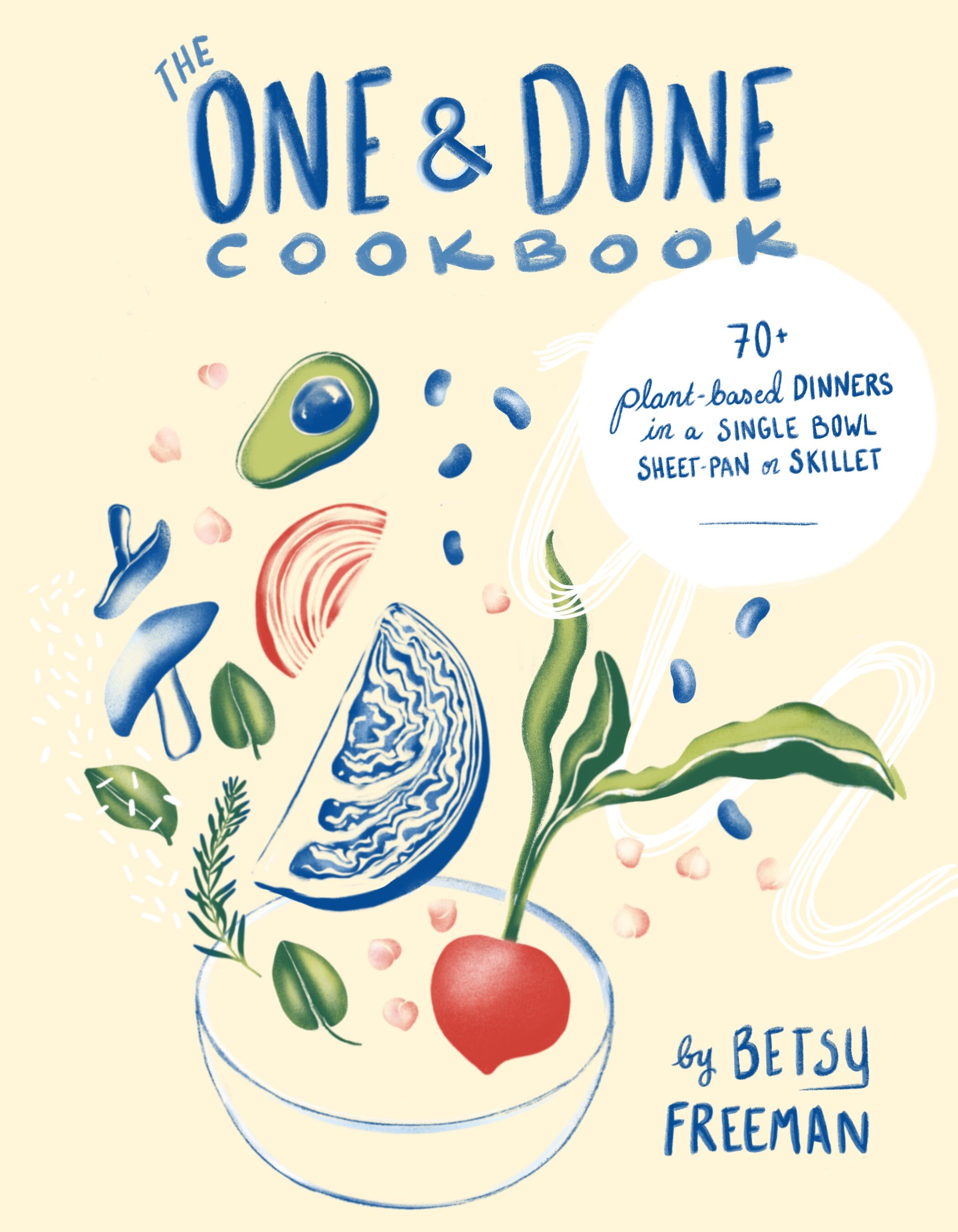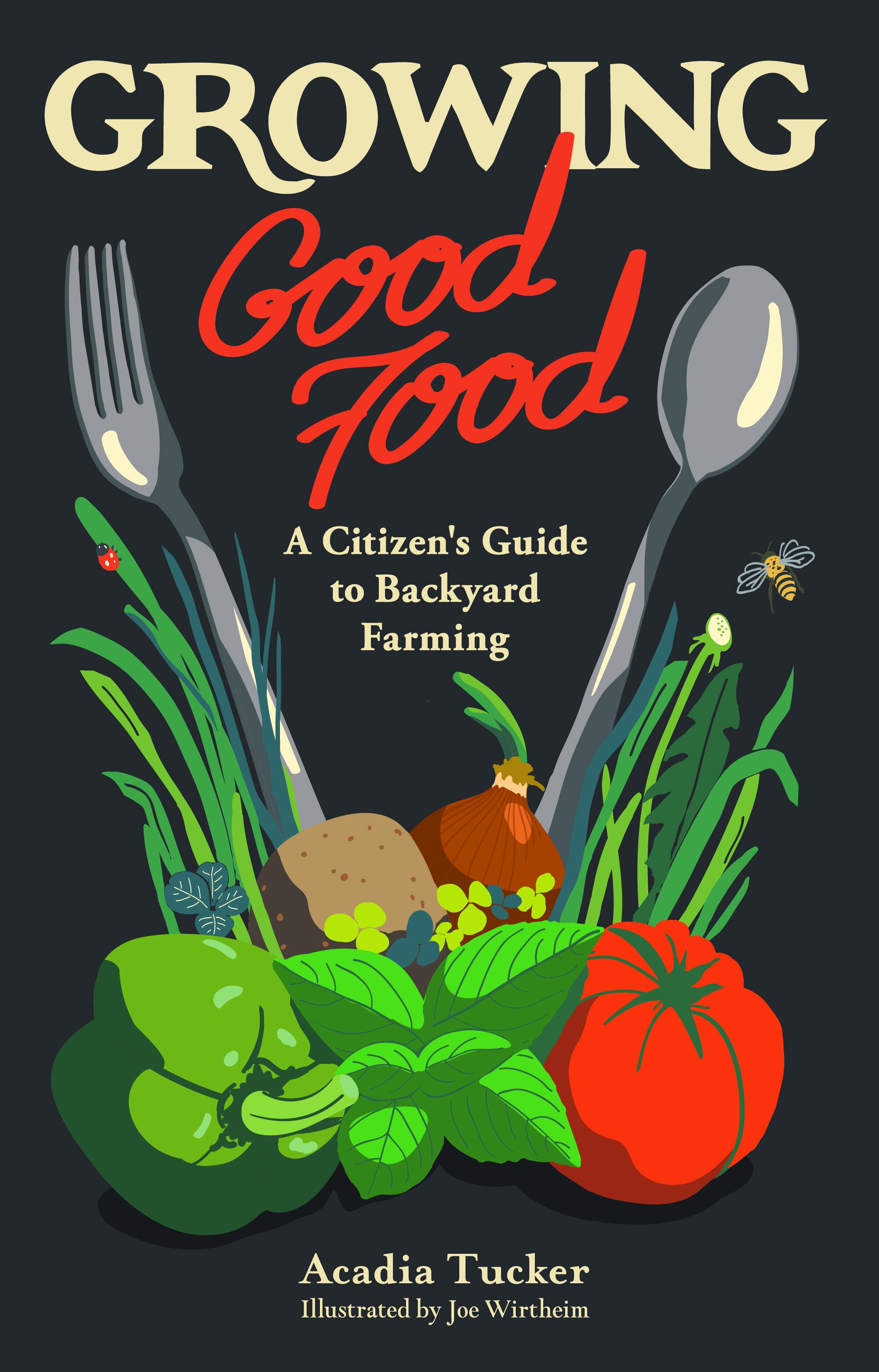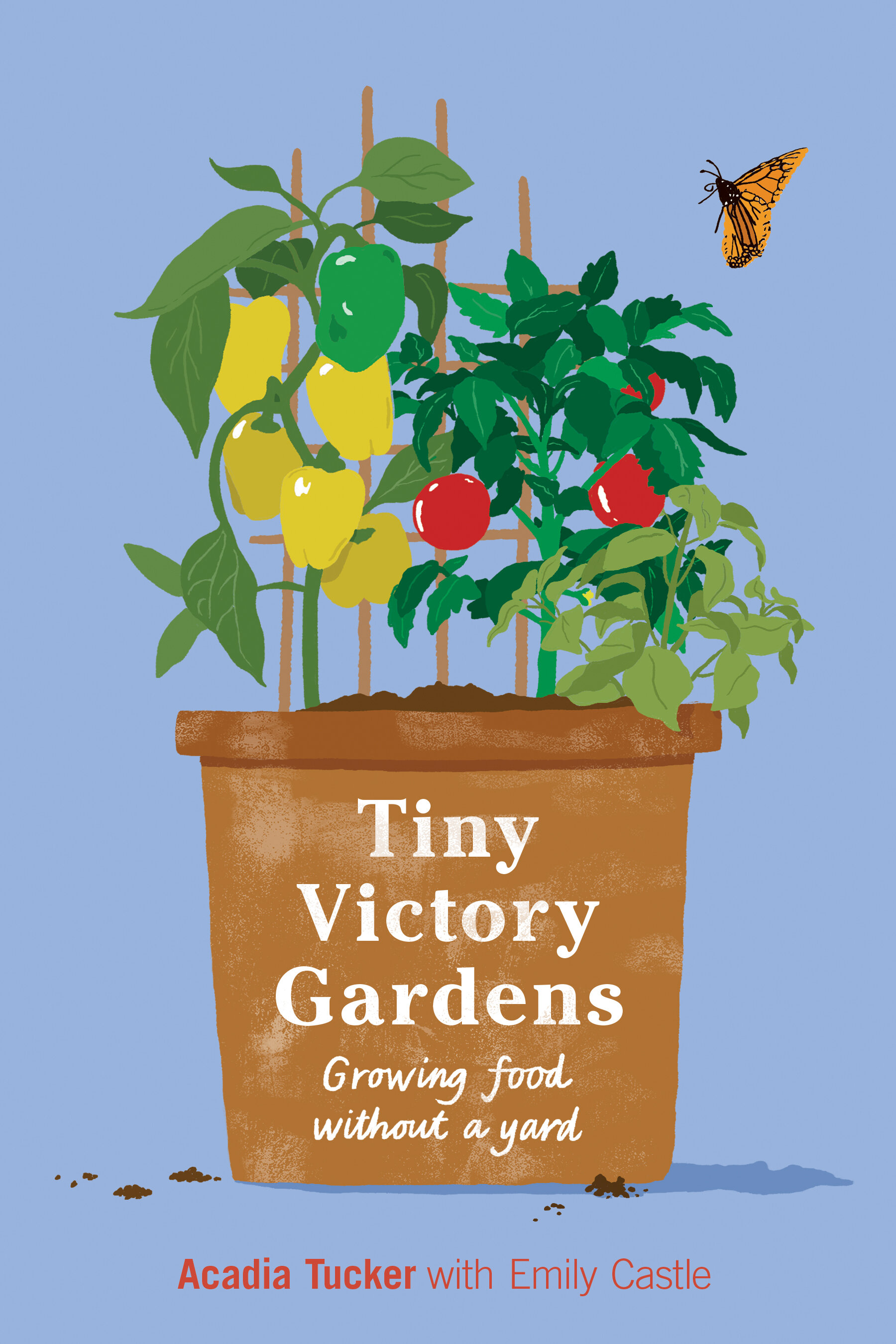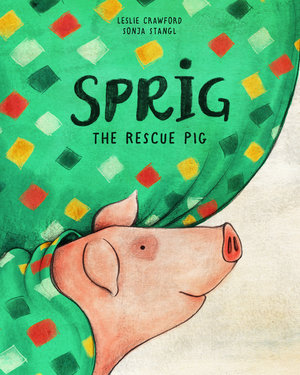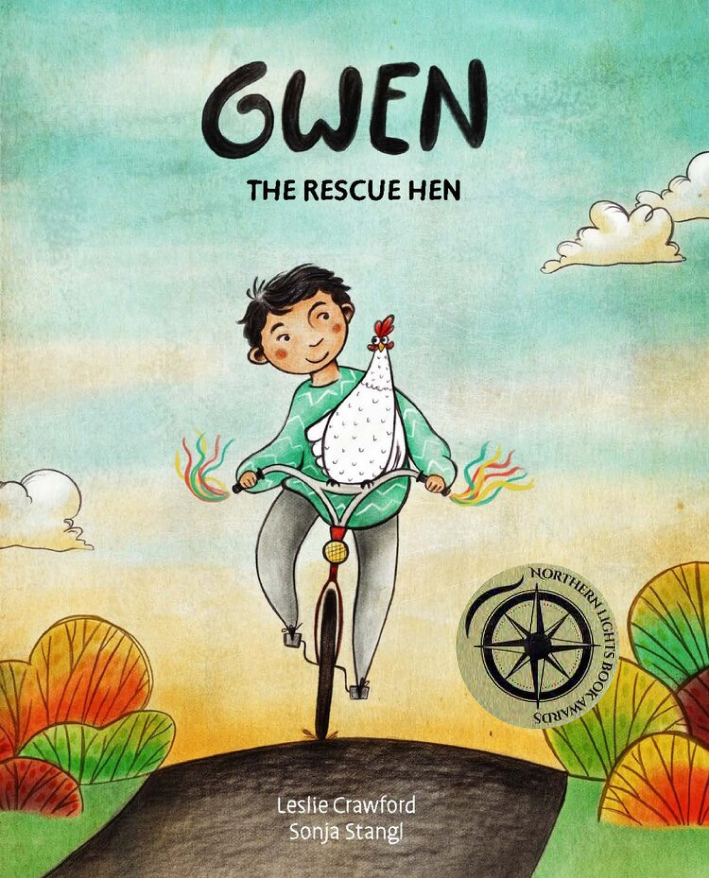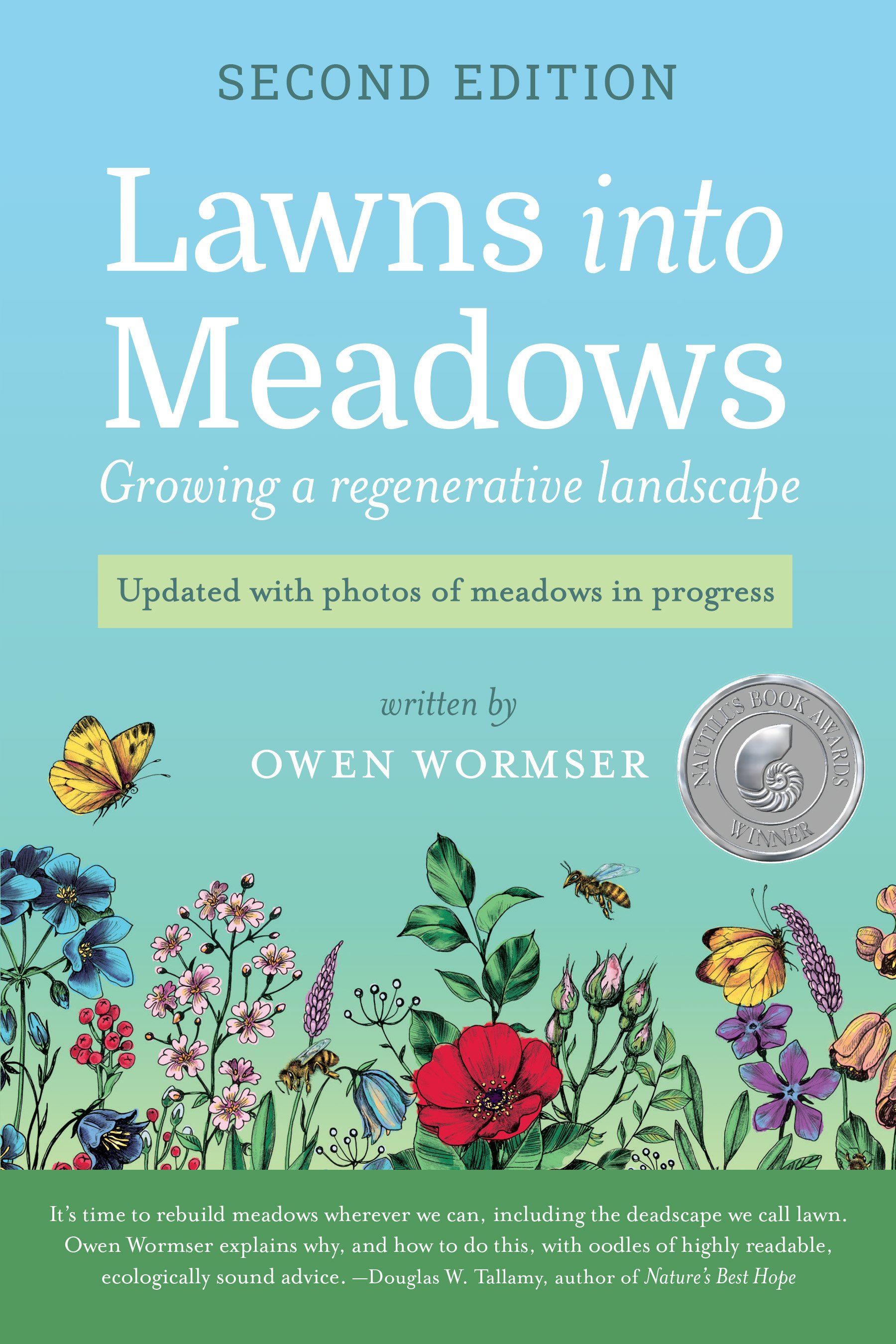Turn your pandemic garden into a Tiny Victory Garden
Building a lasagna bed at a community pandemic garden. Photo Source: Grafton Agricultural Commons, Bowen Island, British Columbia.
It was more than a year ago now that grocery stores started struggling to keep toilet paper on shelves. Not long after the words “global pandemic” started being thrown around, the whole world stopped. Stuck at home we found ourselves thinking hard about resilience and self-reliance. Deep in our lizard brains, a great many of us knew that when faced with a worst-case scenario-type situation we’d need more than toilet paper to survive. So we stocked our pantries, ordered seeds, and started planting “pandemic gardens.”
“I had to find some way to keep myself sane and building a healthier food system that could help us mitigate and adapt to climate change... seemed like hopeful work. ”
A study published by Dalhousie University and Angus Reid found that in the spring of 2020, almost one in five Canadians started to grow food at home. Sixty-seven percent of poll respondents were new to gardening. A study by Kwantlen University, published in December, showed that consumers in British Columbia remained concerned about how variables such as trade policies and natural disasters would affect their ability to access food in the future. Many also stated their worry about increasing prices. People might be onto something, so… how ‘bout we keep those gardens going?
I would imagine all the first-timers discovered what the gardening veterans among us already know – there’s an endless amount of learning to be done when it comes to growing food, especially if you hope to enjoy the fruits of your labour. So the timing couldn’t be better for the release of Acadia Tucker’s new book, Tiny Victory Gardens: Growing Food Without a Yard, which also happens be a great resource for people with yards.
Tiny Victory Gardens: Growing food without a yard by Acadia Tucker (Stone Pier Press, 2021).
Tucker is a graduate of the UBC Department of Land and Food Systems, a regenerative farmer (currently based in Maine), and a prolific writer. Her first two books (Growing Perennial Foods: A Field Guide to Raising Resilient Herbs, Fruits and Vegetables, and Growing Good Food: A Citizen’s Guide to Backyard Carbon Farming) were inspired by the possibility of “building out a foodscape large enough to help cool our planet.”
I’ve been driven by similar motivations since October 2018, when the IPCC gave us 12 years to sort ourselves out and limit atmospheric warming to 1.5C above pre-industrial levels. Business as usual and plans to tinker at the edges of our suicidal status-quo seemed to be the standard institutional reaction to this news. I had to find some way to keep myself sane and building a healthier food system that could help us mitigate and adapt to climate change, that enhances biodiversity and human health, seemed like hopeful work.
Tiny Victory Gardens recognizes that potted plants and raised beds are unlikely to be effective tools for carbon-sucking. It is inspired, rather, by the belief that anyone with access to a small patch of light can become more resilient.
Half of the carbon released into the atmosphere every year is absorbed by the ocean, plants, and soil. Soil, when left undisturbed, absorbs four times more carbon than plants. Photo Source: Growing Good Food: A Citizen’s Guide to Backyard Carbon Farming.
While Tucker’s day job is growing ingredients for craft breweries on a regenerative farm, her side gig (and obsession, it seems) is her “mini-farm.”
“I experience February a little differently than most New Englanders,” she writes and then goes on to describe her house mid-winter: herbs in the kitchen; root crops and kale (brought in from the outdoors) in the living room; avocado tree in the bedroom; fig, lime, banana and cherry tomatoes growing under lights in the dining room.
Tiny Victory Gardens provides all the tips and tools you need to start your own indoor, or indoor/outdoor, mini-farm.
If you don’t trust the potting soil purchased in bags (Tucker doesn’t particularly seem to) Tiny Victory Gardens includes recipes for you to make your own. There’s a section on raised beds. There are planting charts to make your season as long as it can be. There’s information on indoor composting, and DIY pollination, what plants to put under lights, and how to make really pretty pots of edibles.
“Growing food is a gateway to understanding and caring about the system that nourishes us.”
There is truly something for everyone in this book. If you are a long-time gardener and deep into your own method, you will want to swap tips and compare notes with this master-grower. If you’re looking to take the pandemic garden into year two (or year one, for that matter) you will undoubtedly find answers to your questions, and tips to make your garden, whatever size it may be, more abundant.
We’re going to have to do a lot more than become really great gardeners to build a truly resilient food system, but getting our hands dirty is a great place to start. Growing food is a gateway to understanding and caring about the system that nourishes us. The gifts of this work also happen to be very tasty.
Meribeth Deen is a writer/editor/producer, researcher, and coach based in the Pacific Northwest.




